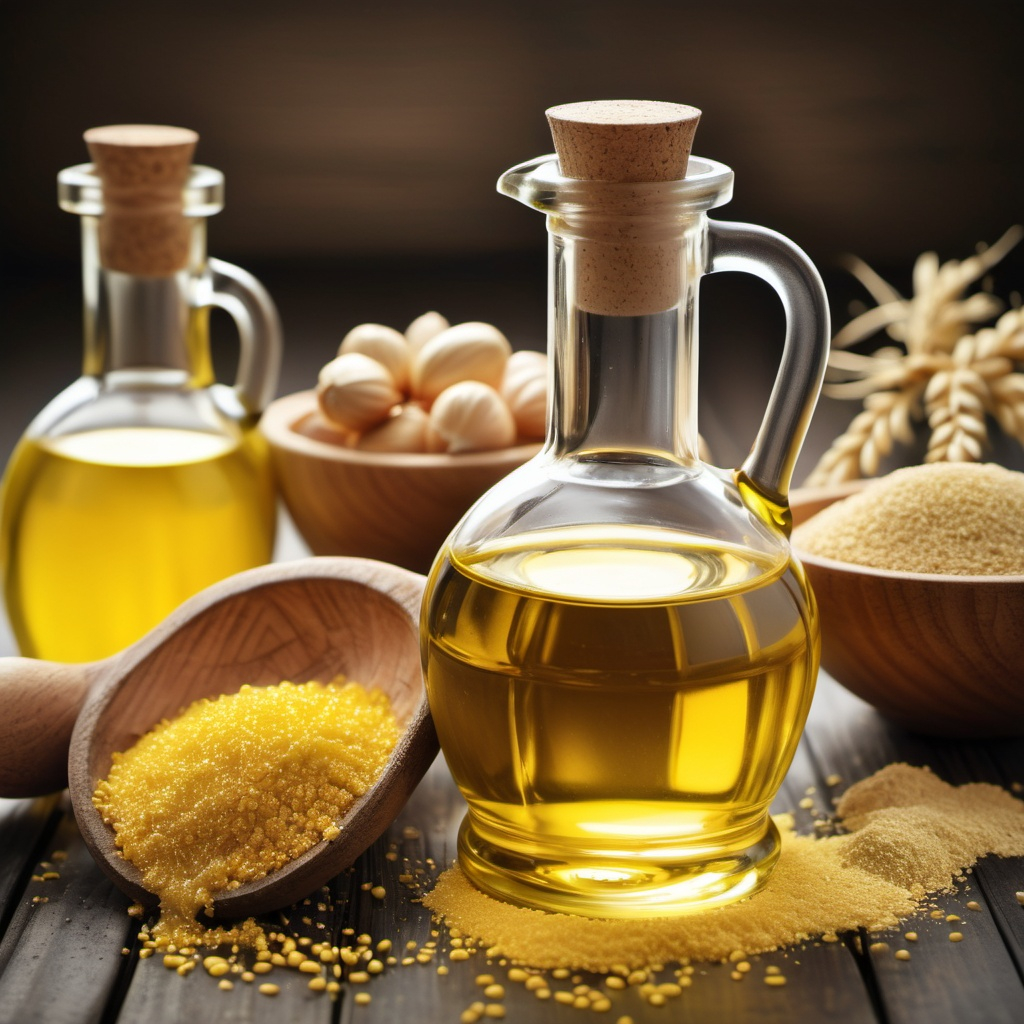
Table of Contents
Introduction
This article delves into the world of edible oils, focusing on heavy metals that may contaminate oils. In the quest for a healthier lifestyle, the choice of cooking oils plays a pivotal role to uncover the secret to healthier cooking. To avoid heavy metals, understanding which edible oils that do not contain heavy metals and provide the best health benefits is essential.
Discovering the secret to healthier cooking starts with the right oil choices. By making informed choices, you can unlock the secret to healthier cooking and enjoy meals that nourish your body.
Understanding Heavy Metals in Edible Oils
What Are Heavy Metals?
Heavy metals are naturally occurring elements that have a high atomic weight and density. Some common examples include lead, mercury, cadmium, and arsenic. While they can be found in the environment, their presence in food products, including edible oils, often results from pollution, industrial waste, and agricultural practices. Chronic exposure to heavy metals can lead to serious health problems, making awareness of their presence in food products crucial.
To effectively avoid heavy metals, consider the sourcing and processing methods of your oils. This ensures that the oils you choose are not only beneficial but also safe.
In order to avoid heavy metals, check for certifications that guarantee purity and quality. This can significantly reduce your risk when consuming edible oils.
In the context of edible oils, heavy metals can accumulate during the extraction and refinement processes. Moreover, certain oils sourced from contaminated environments may contain higher levels of these toxic metals. Therefore, consumers must be vigilant about the origins and quality of the oils they choose.
To avoid heavy metals, pay attention to how oils are processed and stored. This can influence the quality and safety of the oil you choose.
Knowing how to avoid heavy metals can empower you to make better choices when selecting cooking oils for your kitchen.
Common Sources of Heavy Metals in Oils
It’s vital to understand how to avoid heavy metals in your diet to promote overall health and wellness.
By learning how to avoid heavy metals, you can make informed decisions about the oils you consume daily.
Heavy metals can enter edible oils through various channels. For instance, the soil where oil crops are grown may be contaminated with heavy metals, and these can be absorbed by the plants. Industrial processing techniques, especially in regions with lax environmental regulations, can also introduce contaminants. Additionally, used cooking oils may accumulate heavy metals over time, especially if reused repeatedly in frying operations.
To avoid heavy metals, consider the health implications of the oils you choose to ensure they align with your wellness goals.
Be proactive in your approach to avoid heavy metals by researching oil brands that prioritize safety.
Moreover, the packaging and storage of oils can sometimes contribute to contamination. Poor storage conditions, such as exposure to high temperatures or light, may degrade the oils and leach out harmful substances. Thus it is best to purchase an oil in a dark colored glass container. Being informed about the source and handling of edible oils is the secret to healthier cooking and essential for making healthy choices.
To further avoid heavy metals in your cooking, explore oils that are certified organic and free from contaminants.
Experimenting with various oils can help you find alternatives that allow you to avoid heavy metals in your meals.
Health Risks Associated with Heavy Metal Consumption
For optimal health, it is crucial to avoid heavy metals by selecting the highest quality oils available.
Consumption of foods contaminated with heavy metals can lead to various health issues. For instance, lead exposure is linked to neurological issues, especially in children, while mercury can impair cognitive functions and damage the kidneys. And the half life of lead is over 20 years!
Cadmium is another dangerous heavy metal that can lead to kidney damage and bone fragility. Its half-life of in the human body, meaning the time it takes for half of the cadmium to be eliminated ranges from 10 to 35 years.
Although arsenic has been associated with skin lesions, cancer, and developmental effects. It lasts only a few hours to several days in the body.
Heavy metals found in the body can stay for decades, therefore ensuring the oils you consume are free from heavy metals is crucial for maintaining overall health and well-being.
Understanding the secret to healthier cooking involves knowing how to select the right oils that align with your health goals.
Tests and Research on Heavy Metal Loads in Oils
Recent Studies on Oil Contamination
To enjoy the full benefits of cooking oils, focus on ways to avoid heavy metals effectively.
Various studies have highlighted the prevalence of heavy metals in common cooking oils, emphasizing the need for consumer awareness. For example, a study conducted on different brands of olive oil found that some contained detectable levels of lead, while others indicated no contamination at all.
These findings underline the essential practice of testing oils for heavy metal content before consumption. Consumers should seek brands that regularly conduct third-party testing and provide transparency regarding their sourcing and processing practices.
If you would like to find out if you have heavy metals, a simple hair test from one of our labs, or a fecal test is best.
The Best Oils to Use for Health
Finding the secret to healthier cooking can also be about exploring new oil options that you may not have tried before.
Olive Oil: Considered the Standard
Olive oil is often hailed as one of the healthiest oils available. Rich in monounsaturated fats, particularly oleic acid, it has been extensively studied for its heart-healthy properties. The antioxidants and anti-inflammatory compounds in olive oil, such as polyphenols, contribute to its health benefits, including lowering blood pressure and reducing the risk of heart disease.
Extra virgin olive oil, in particular, is the least processed form and retains the highest levels of beneficial compounds, be sure to buy it in glass. It can be used for sautéing, dressing salads, or drizzling over cooked dishes for added flavor and health benefits. Its versatility and nutrient profile make it a staple in many Mediterranean diets, known for their contributions to longevity and health.
Coconut Oil: A Versatile Choice
Coconut oil has gained popularity in recent years, primarily due to its unique composition of medium-chain triglycerides (MCTs). These fats are metabolized differently than long-chain fatty acids, providing quick energy and potentially aiding in weight management. Coconut oil also has antimicrobial properties, making it a good choice for cooking and baking. It also has a higher smoke point compared to many other oils making an excellent choice for cooking.
While coconut oil is high in saturated fat, the MCTs can promote heart health when consumed in moderation. It can be used in various culinary applications, from frying to baking, but it’s essential to balance its use with other types of oils for a varied diet.
Ultimately, to avoid heavy metals should be a central theme in your dietary choices.
Always strive to choose oils that help you avoid heavy metals in your meals for better health.
When considering your options, learning how to avoid heavy metals empowers you to make healthier decisions.
Avocado Oil: Nutrient-Rich and Beneficial
Ultimately, taking steps to avoid heavy metals is vital for ensuring a safe cooking experience.
To avoid heavy metals, focus on the integrity and sourcing practices of the oils you select.
Avocado oil is another excellent option, known for its high levels of monounsaturated fats and vitamin E. It has a high smoke point, making it suitable for high-heat cooking methods like frying and grilling. The fatty acids and antioxidants found in avocado oil can help reduce inflammation and support heart health.
Moreover, avocado oil is also rich in lutein, an antioxidant that is beneficial for eye health. Its creamy texture and mild flavor make it an excellent choice for dressings and marinades, providing both taste and nutrition.
Flaxseed Oil: A Plant-Based Omega-3 Source
Flaxseed oil is a fantastic source of omega-3 fatty acids, particularly alpha-linolenic acid (ALA), which is essential for cardiovascular health. Unlike most oils, flaxseed oil is not suitable for cooking due to its low smoke point, but it can be used in salad dressings, smoothies, or drizzled over finished dishes to enhance nutrition.
Regular consumption of flaxseed oil can help reduce inflammation, improve heart health, and support brain function. As a plant-based oil, it is an excellent option for vegans and those looking to increase their omega-3 intake without relying solely on fish sources. And go to our blog here on how to mix combined oils to reach the ideal 4:1 ratio daily.
Sesame Oil: Antioxidant Powerhouse
Sesame oil is rich in antioxidants, particularly sesamol and sesamin, which can help combat oxidative stress and inflammation in the body. Its unique nutty flavor makes it a popular choice in Asian cuisine, where it is used in stir-fries, dressings, and marinades.
In addition to its health benefits, sesame oil has a high smoke point, making it suitable for various cooking methods. Its rich fatty acid profile, which includes polyunsaturated and monounsaturated fats, contributes to heart health, making it an excellent addition to a balanced diet.
In summary, the secret to healthier cooking is about making informed choices that align with your health goals.
How to Choose Quality Oils
Look for oils that are organic, cold-pressed, minimally processed. These characteristics generally indicate a higher nutritional value, lower risk of contamination, and packaged in a colored glass container.
Additionally, check for certifications, such as USDA Organic or Non-GMO Project Verified, which can further assure consumers of the oil’s purity.
Opting for brands that commit to quality and safety standards can significantly reduce the risk of consuming oils contaminated with heavy metals.
Certifications and Labels to Look For
Several certifications and labels can guide consumers towards safer edible oils. The USDA Organic certification indicates that the oil is free from synthetic pesticides and fertilizers, which can contribute to contamination. Other certifications, like Non-GMO and Fair Trade, can also provide additional peace of mind regarding the oil’s production practices.
Moreover, look for oils labeled as extra virgin, which signifies that the oil is made from the first pressing of olives and contains the highest levels of beneficial compounds. By paying attention to these labels, consumers can make more informed choices that contribute to their overall health.
Conclusion
Choosing the right edible oils is not just about flavor; it’s about prioritizing health and well-being. Understanding the risks associated with heavy metals in oils, the right ratios and learning about the best options available, as well as choosing a colored glass container, empowers consumers to make informed dietary choices. Olive oil, coconut oil, avocado oil, flaxseed oil, and sesame oil stand out as the healthiest choices, each offering unique benefits that can enhance your cooking and nutritional intake. For the 4:1 ratios of omega 6 to omega 3, use Sunflower oil and flax oil combined. And for tests for heavy metals, see tests at the end of this page or click here.
Always take the time to research and select high-quality oils that prioritize safety and health. By incorporating the right oils into your diet, you can enjoy delicious meals while supporting your overall health.
FAQs
1. Are all cooking oils contaminated with heavy metals?
No, not all cooking oils are contaminated with heavy metals. However, some oils may contain harmful levels depending on their source and processing. It’s essential to choose high-quality oils from reputable brands that conduct third-party testing.
2. Is olive oil the healthiest oil to use?
Olive oil is often considered one of the healthiest oils due to its high levels of monounsaturated fats and antioxidants. Extra virgin olive oil, in particular, offers numerous health benefits. You can use it for dressings, smoothies and more.
3. Can I use coconut oil for frying?
Yes, coconut oil can be used for frying due to its higher smoke point compared to many other oils. You can use it for light cooking or frying.
4. How can I reduce my exposure to heavy metals in oils?
To reduce exposure to heavy metals in oils, choose organic, cold-pressed oils in glass, and look for brands that test their products for contaminants. Research the sourcing practices of the brands you buy from to ensure quality.
5. Is flaxseed oil suitable for cooking?
Flaxseed oil is not suitable for cooking due to its low smoke point. Instead, it can be used in salad dressings or smoothies to boost omega-3 fatty acid intake.
Products
At Home Tests
-
←→
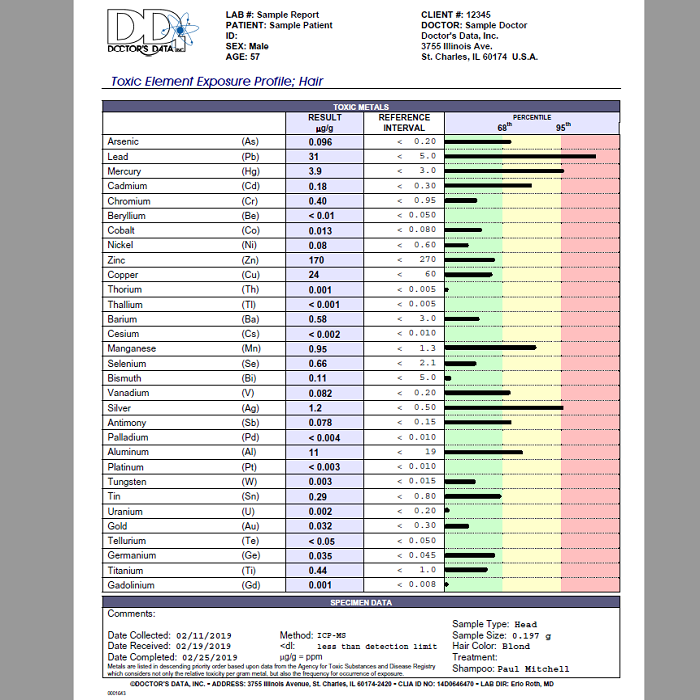
Doctors Data Hair Toxic Elements Test
$159.00$123.00Doctors Data Hair Toxic Elements Test is a noninvasive screening hair test reports an expanded lineup of toxic metals as well as specific nutrient elements.- Buy 2 at $119.00
Doctors Data Hair Toxic Elements Test
At Home Health Tests, Toxic Metals Tests, Hair Tests, Autism Tests, Detox Solutions, Diabetes Solutions, Fatigue Solutions, Memory Loss Solutions, Autism Solutions$159.00 $123.00Successfully Added to your Shopping CartAdding to Cart... -
←→

Trace Elements Nutritional Deficiencies Hair Test
Nutritional Tests, At Home Health Tests, Toxic Metals Tests, Hair Tests, Autism Tests, Immune System Tests$188.00 $148.00Successfully Added to your Shopping CartAdding to Cart... -
←→
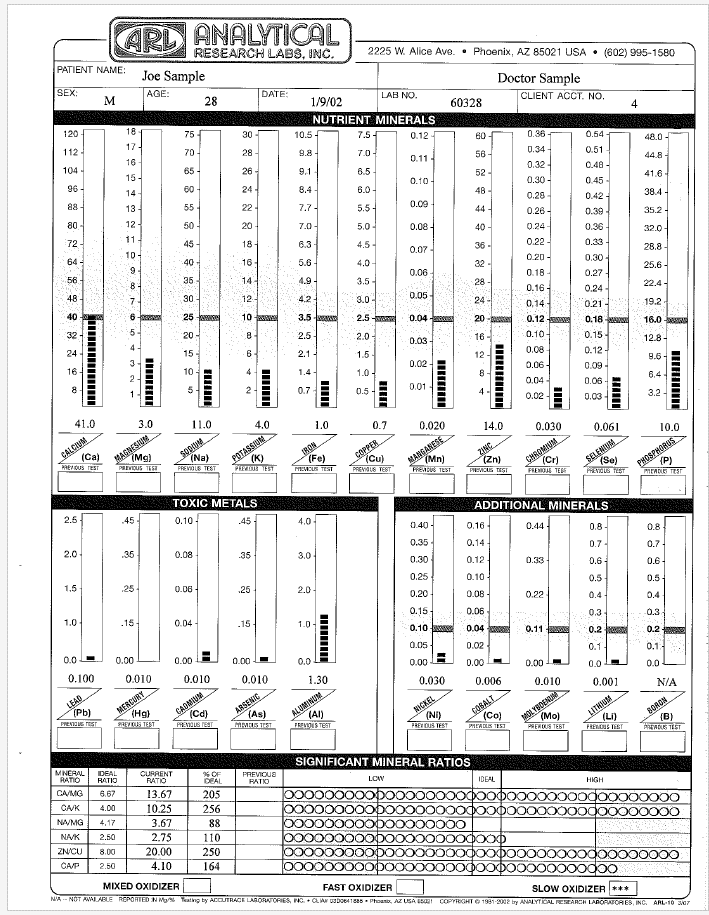
Analytical Research Labs Hair Test
$179.00$149.00Providing a mineral blueprint of one’s biochemistry, an Analytical Research Labs Hair Minerals Test reports levels of minerals and heavy metals in your body giving possible reasons for your symptoms, with suggestions for nutritional supplements and diet changes. Hair tissue mineral analysis can provide pertinent information about balanced nutrition, one’s metabolic rate, energy levels, sugar and carbohydrate tolerance, stage of stress, immune system and glandular activity.- Buy 2 at $145.00
Analytical Research Labs Hair Test
$179.00 $149.00Successfully Added to your Shopping CartAdding to Cart... -
←→

UCARI Intolerance Test Kit
$99.99$88.00Test for 1500+ possible intolerances and nutritional imbalances- Buy 2 at $85.00
UCARI Intolerance Test Kit
At Home Health Tests, Hair Tests, Allergy Tests, Nutritional Tests, Environmental Pollutants Tests, Mycotoxin Molds Tests, Allergy Solutions, Lung Solutions, Gastrointestinal Solutions, Immune System Tests, Candida Solutions$99.99 $88.00Successfully Added to your Shopping CartAdding to Cart... -
←→
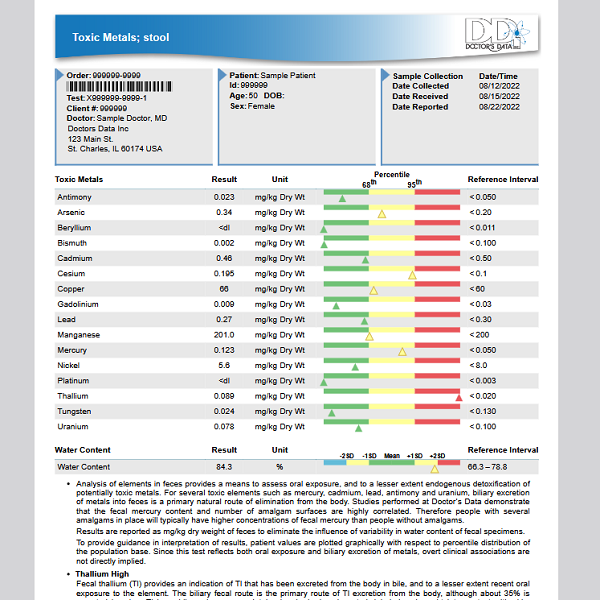
Doctors Data Stool Toxic Metals Test
$208.00$189.00The Doctors Data Stool Toxic Elements Test is an analysis of toxic elements in feces providing a comprehensive evaluation of environmental exposure, potential for accumulation in the body, and possibly endogenous detoxification of potentially toxic metals.- Buy 2 at $184.00
Doctors Data Stool Toxic Metals Test
$208.00 $189.00Successfully Added to your Shopping CartAdding to Cart...
Supplements
-
←→
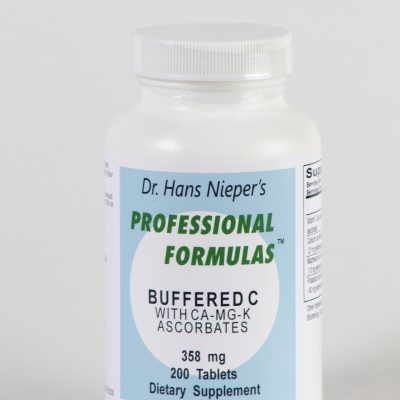
Buffered C with Calcium, Magnesium & Potassium
Supplements, Vitamin Supplements, Skin Solutions, Cancer Solutions, Immune System Solutions, Antioxidant Supplements, Allergy Solutions, Autism Solutions$11.70Successfully Added to your Shopping CartAdding to Cart... -
←→
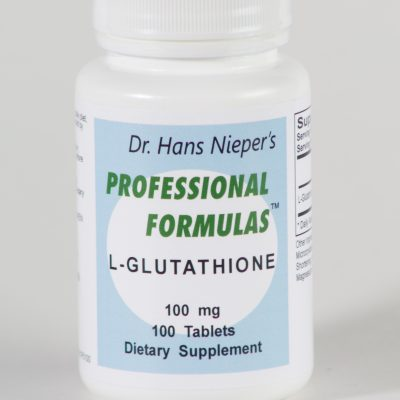
L-Glutathione
$39.00L-Glutathione (GSH) 100 TabletsMaximum quantity exceededMinimum purchase amount of 0 is requiredL-Glutathione
Supplements, Autism Solutions, Detox Solutions, Heart Solutions, Immune System Solutions, Nerve Damage Solutions, Antioxidant Supplements, Gastrointestinal Solutions$39.00Successfully Added to your Shopping CartAdding to Cart... -
←→
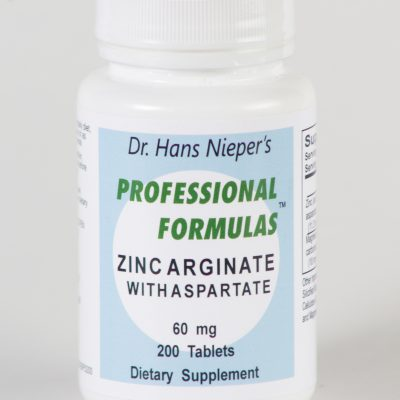
Zinc Arginate with Aspartate
Supplements, Mineral Supplements, Skin Solutions, Immune System Solutions, Amino Acids Supplements, Allergy Solutions$8.10Successfully Added to your Shopping CartAdding to Cart... -
←→
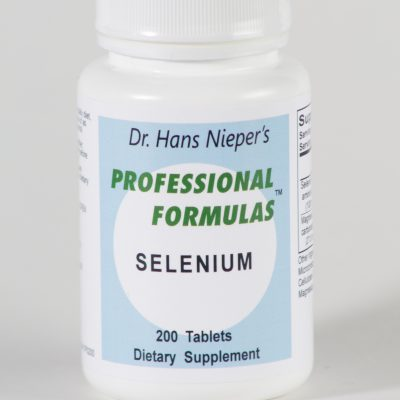
Selenium
Supplements, Mineral Supplements, Heart Solutions, Immune System Solutions, Hormone Solutions, Antioxidant Supplements$13.10Successfully Added to your Shopping CartAdding to Cart...
References
- Dietary Strategies for the Treatment of Cadmium and Lead Toxicity
- Toxicity, mechanism and health effects of some heavy metals
- Thiamine reduces tissue lead levels in rats: mechanism of interaction
- The Effect of Ascorbic Acid Supplementation on the Blood Lead Levels of Smokers
- Effect of vitamin E and C supplementation on oxidative damage and total antioxidant capacity in lead-exposed workers
- Thiamin (vitamin B1) effects on lead intoxication and deposition of lead in tissues: Therapeutic potential
- Heavy Metals Toxicity and the Environment
- Heavy Metals in Baby Food: What You Need to Know
- How much arsenic is in your rice?
- Dietary Intake of Toxic Heavy Metals with Major Groups of Food Products—Results of Analytical Determinations
